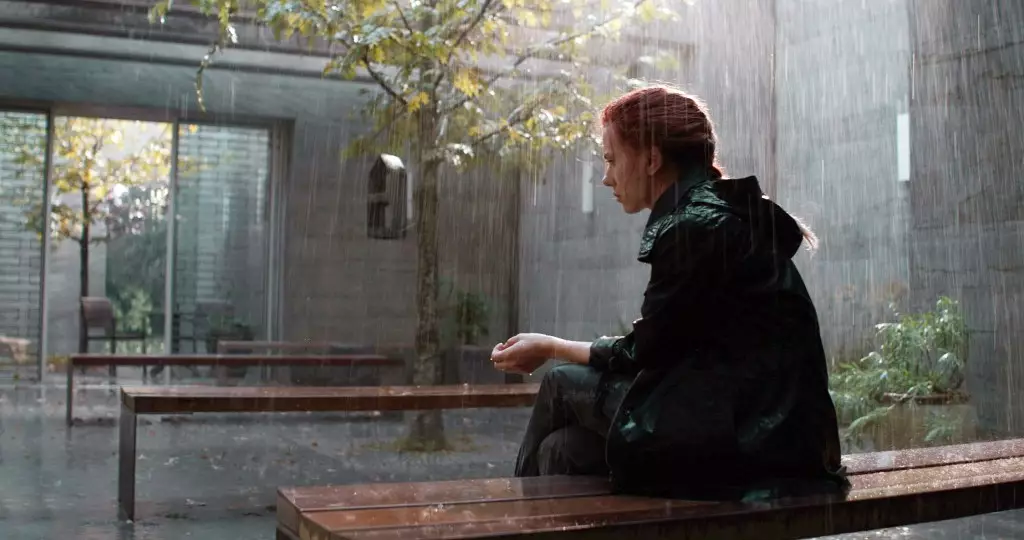Scarlett Johansson has recently ignited an important conversation about the Academy Awards and their treatment of major cinematic milestones, particularly regarding the monumental success of “Avengers: Endgame.” Her frustration, articulated in a Vanity Fair cover story, addresses the glaring oversight of the film, which, despite its staggering achievements—grossing nearly $2.8 billion and standing as the second-highest-grossing film of all time—received only a solitary nomination for Visual Effects. Johansson questioned, “How did this film not get nominated for an Oscar?” This sentiment resonates deeply with a broad audience that believes the Academy often fails to recognize the significance of films that marry artistry with commercial success.
The Academy’s Reluctance to Acknowledge Blockbusters
The underlying tension surrounding the Academy Awards and superhero films is not new. While movies from the Marvel Cinematic Universe (MCU) have often been shunted into specific technical categories, rarely do they receive nods for the Best Picture category where they could truly compete against more traditional offerings. Only “Black Panther” has broken through this perceived barrier, claiming three Oscars, while “Endgame,” despite its ambitious storytelling and character arcs, was relegated to a single nomination. Johansson’s argument underscores a sentiment that could be viewed as cultural fatigue—a resistance to embrace the new wave of blockbuster films that have redefined Hollywood’s storytelling landscape.
Joe Russo and the Broader Industry Debate
The discussion on “Endgame” and its worthiness in the context of award recognition extends beyond just Johansson. Co-director Joe Russo has also weighed in, emphasizing the broader significance of the MCU and its narratives. The films have fostered a unique shared universe, inviting audiences to invest emotionally in a lengthy saga that combines action, heart, and depth—a feat not easily replicated. The Academy’s hesitance to award such significant cultural touchstones speaks volumes about its outdated criteria.
Defining Success Beyond Box Office Numbers
A key issue at play is the thin line between commercial success and artistic brilliance. There’s a pervasive belief that blockbuster status disqualifies a film from Oscar contention, an idea that Johansson has openly challenged. She rightly argues that financial triumph should not overshadow the artistic merit of a film, proposing that the ability to engage millions and generate significant impact merits deeper recognition. “Endgame” isn’t merely a collection of special effects; it is a culmination of years of character development, ensemble performance, and intricate storytelling.
Moving On from the Past: Johansson’s New Chapter
As Johansson transitions from her iconic role in the MCU to directing her own film, “Eleanor the Great,” she’s making a significant shift that emphasizes personal growth and creative exploration. Despite her fond memories with co-stars and the collaborative spirit of the MCU, Johansson acknowledges the need for closure. “I miss my buddies…but what works about the character is that her story is complete,” she explains, touching on the importance of honoring narrative arcs by recognizing when it is time for them to conclude.
In an industry increasingly characterized by nostalgia and revisiting past successes, Johansson’s stance is refreshingly forward-thinking. She advocates for new narratives, a shift in perspectives on traditional awards, and, ultimately, a broadening of what constitutes artistic merit.

